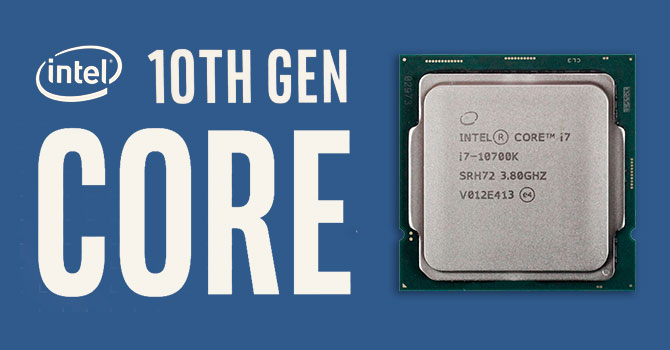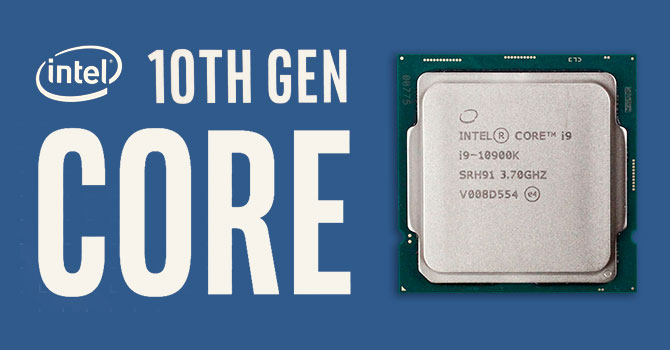I think the problem here is that you guys are interpreting intel reviews results badly
I think the actual problem here is that there's a group of users who are extremely eager to criticize anything Intel does and attack any forum member that isn't doing the same.
Instead, they could spend some time reading reviews more carefully or learning basic statistics.
This whole thread is about mocking a CPU for hitting 90*C. But much like with all the power consumption drama - we're talking about a peak measurement that only happens during max boost. And on a CPU that's obviously pushed to the limit and not as efficient as mainstream non-K models. But it's not made for mainstream, is it?
Seriously, it's not black magic. You can go to a review that does proper efficiency test. TPU already has results for most Comet Lake-S.
The Core i7-10700K is Intel's second strongest overclockable Comet Lake CPU, with a powerful 8c/16t configuration. We saw pretty amazing tweaking potential from the 10700 non-K, so we'll definitely compare against that in the Core i7-10700K review, and of course against AMD's Ryzen 9 3900X.

www.techpowerup.com
They are measuring the whole system and use Cinebench for the MT part.
System with 10900K used 36% more energy than one with 3900X. But since 3900X completes this benchmark quicker, the difference between CPUs alone is lower - probably in the 25-30% range.
So yeah, 14nm is more hungry - no miracle here. But it's nowhere near the peak consumption disparity.
And going back to temperatures, once again TPU's results:
Intel's Core i9-10900K achieves highly impressive gaming performance thanks to its 10-core/20-thread design with up to 5.3 GHz. We compare three configurations in our 10900K review: all stock, boost limits removed, and a manual 5.1 GHz all-core overclock.

www.techpowerup.com
Run at max turbo, 10900K heated up to 85*C. But left at stock it was just 54*C. All that under a $100 air cooler.
Performance gain: ~15%.
In other words: if you're petrified by 85*C but find 70*C perfectly fine, you could still run a 10900K maybe 5% slower than that Max Turbo.
but i understand when
the reviewer do graphs like this (and remember data obtained with a very good cooler):
It's a box plot. If you've never had an opportunity to learn them, Wikipedia can help you.




